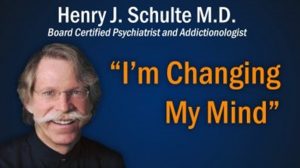About Depression
Depression is a serious medical illness affecting more than 14 million American adults every year1. Often a debilitating disorder, depression results in a persistent state of sadness or loss of interest or pleasure which interferes with an individual’s thoughts, behavior, mood, and physical health. Learn more about depression symptoms.
In 2000, the economic burden of depression was estimated at $83.1 billion in the US2 and researchers estimate that by the year 2020, depression will be the second leading cause of disability worldwide.3
Depression can be a lethal disease. In fact, each year in the US, over 30,000 people die by suicide, 60% of whom suffer from depression.4 Overall, women are almost twice as likely as men to suffer from depression; however, some experts feel that depression in men is under-reported.5 Depression has no racial, ethnic or socioeconomic boundaries. About two-thirds of those who experience an episode of depression will have at least one other episode in their lives.
While the exact cause of depression is not known, the leading scientific theory is that depression is caused by decreased activity in the neural networks of the brain that regulate emotion and motivation. Increasing levels of neurotransmitters in the brain has been found to reactivate these neural networks, or create new networks. Neurotransmitters are chemical messengers that send signals between brain cells. Depression is most often treated with antidepressant medications. It is believed that antidepressant medications work by increasing the levels of these neurotransmitters. TMS offers additional treatment options for people struggling with depression despite traditional medication therapy. Learn about depression treatment options.
More than 4 million patients do not receive adequate benefit from antidepressants and/or cannot tolerate the side effects caused by them. For these patients, they need a new way back.
Dr. Schulte and Dr. Lakin discuss the benefits of TMS Therapy in the treatment of major depression.

